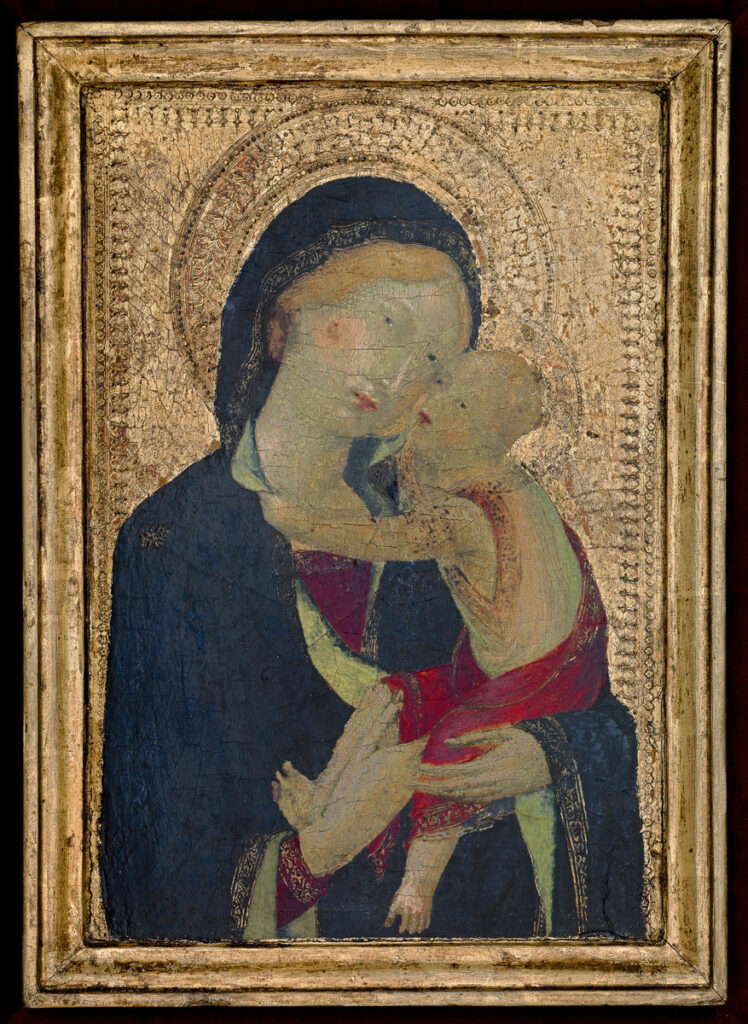On View
Martini, Simone
Italian (ca. 1284-1344)
Place made: Europe; Italy; Tuscany; Siena
Virgin and Child, ca. 1320
Frame: 17 3/4 in x 14 1/4 in x 2 1/2 in; 45.1 cm x 36.2 cm x 6.4 cm; Panel: 12 1/4 in x 8 3/4 in x 1/4 in; 31.1 cm x 22.2 cm x .6 cm
Bequest of Caroline R. Hill
MH 1965.44.P.PI

 GIVE
GIVE